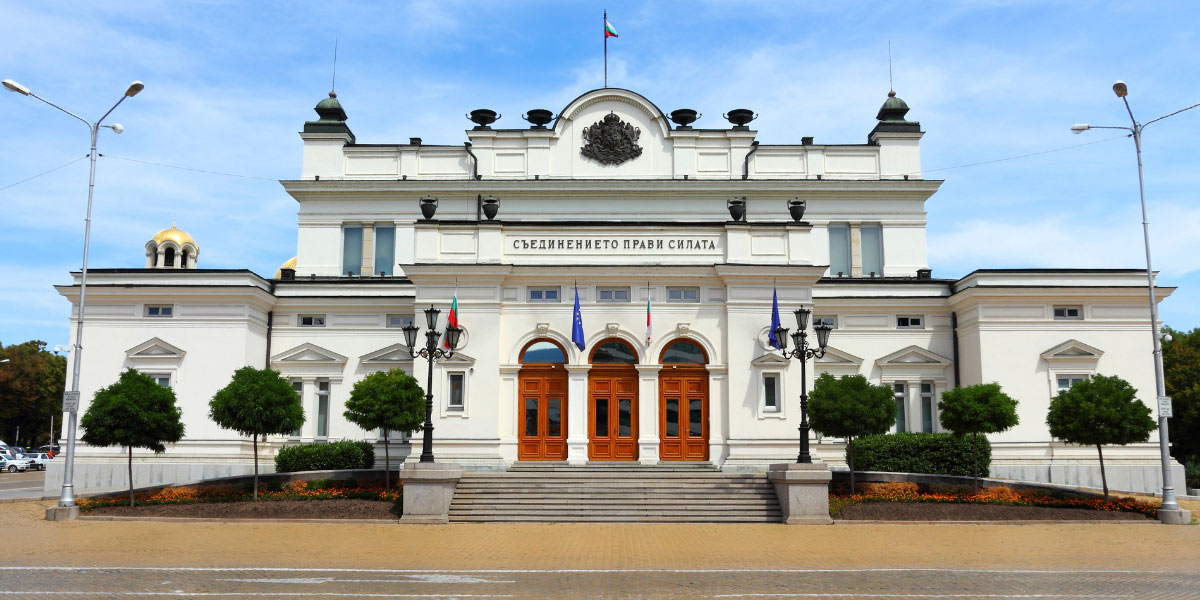On 14 December the International Monetary Fund (IMF) published on its website a report on the economic and fiscal situation in Bulgaria following consultations under Article IV of the IMF’s articles of agreement.
The report notes that a strong economic recovery is underway in Bulgaria. Real GDP growth reached 3.9% in 2016 and is projected to remain at the same level in 2017 and 2018. To sustain the recovery the IMF suggests that Bulgaria must strengthen the efficiency of public institutions, correct weaknesses in education and the labor market and further strengthen the financial stability framework. There is still some way to go before Bulgaria’s income catches up with EU levels and there are downside risks from global financial market volatility or geopolitical events. Rules-based governance and more efficient government are important in supporting income convergence.
Commenting on government revenue the IMF report notes that there is room to improve value added tax (VAT) collection, raise property taxes and reduce the amount of undeclared work. The report recommends measures including the design of targeted policies to reduce the VAT gap. The VAT gap is the difference between the amount of VAT that could potentially be collected and the amount that is actually collected. Other suggested measures include a public investment management assessment and a functional review of public sector employment and wages.
The report notes that EU membership has been a catalyst for reform and that Bulgaria takes over the EU Presidency in January 2018 for six months. Bulgaria aims to ultimately fulfill the commitment to join the Euro area and this will provide a greater role in EU decision-making bodies.













